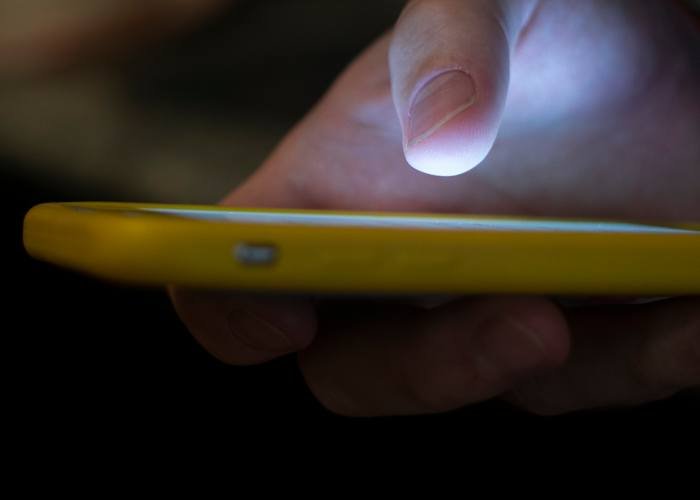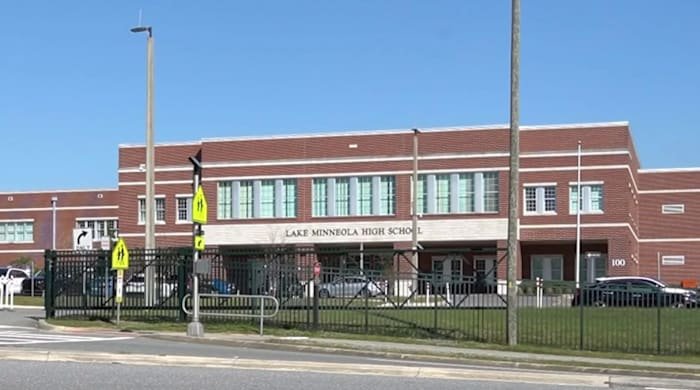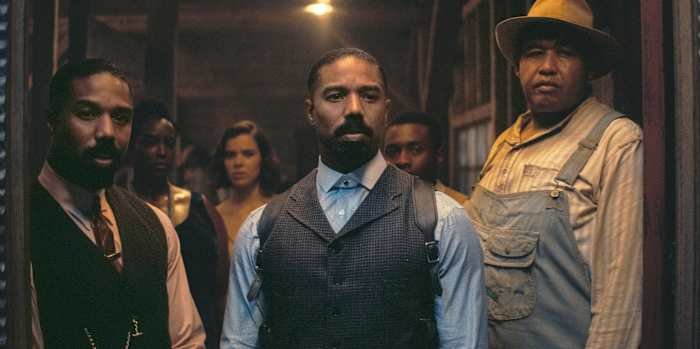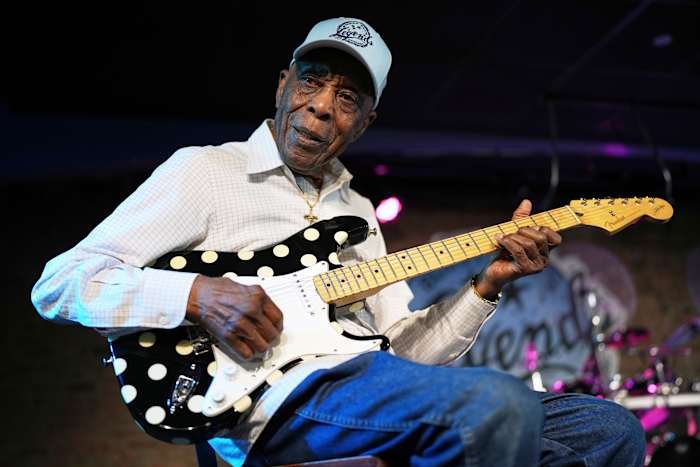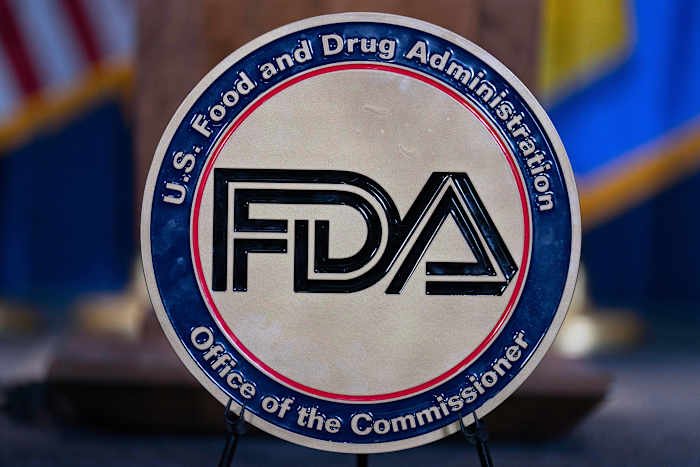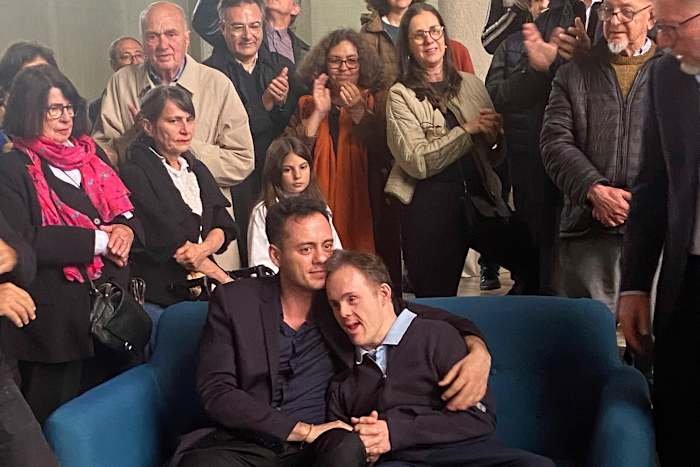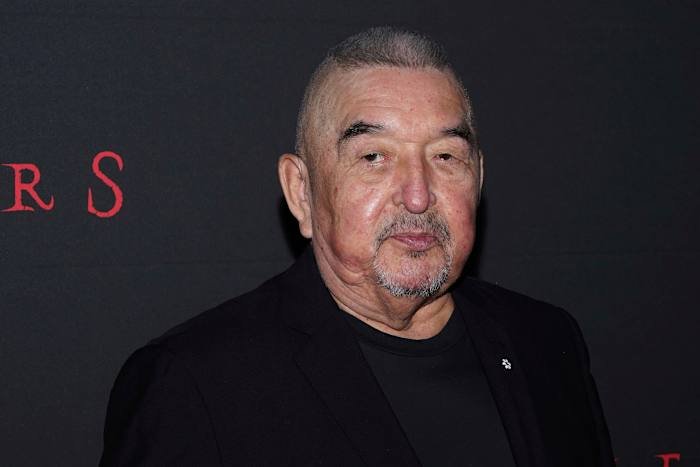Orlando, FL — The 988 National Suicide & Crisis Lifeline, a critical resource for those in emotional distress, is set to discontinue its tailored support options for LGBTQ+ youth and young adults on July 17. This decision, made under the Trump administration, has sparked concerns among mental health advocates and community leaders in Orlando and beyond, as the city is home to a significant LGBTQ+ population. With mental health already a pressing concern for LGBTQ+ youth, the change raises urgent questions about the future of crisis support for some of Orlando’s most vulnerable residents.
Understanding the 988 Lifeline and Its LGBTQ+ Support
The 988 National Suicide & Crisis Lifeline was launched in 2022 as a simplified, nationwide number for individuals experiencing mental health crises. Recognizing that LGBTQ+ youth face unique challenges and higher rates of suicide and mental health struggles, the lifeline introduced specialized support options. These included connecting callers with counselors trained to understand and address specific issues faced by LGBTQ+ individuals, such as identity struggles, discrimination, and family rejection.
For many in Orlando’s vibrant LGBTQ+ community, the tailored 988 options have been a lifeline—literally. The region’s history, including the tragic Pulse nightclub shooting, has underscored the need for inclusive and accessible mental health support. Losing these targeted services could leave local youth feeling more isolated and less likely to reach out for help during critical moments.
Why the Change? Federal Policy and Its Local Impact
The decision to remove LGBTQ+-specific options from the 988 lifeline comes amid broader debates over federal involvement in LGBTQ+ issues. While the official reasoning cites a desire to streamline services and prevent “identity-based options,” critics argue that the move ignores the very real needs of at-risk populations. National organizations like The Trevor Project have voiced concern, noting that LGBTQ+ youth are four times more likely to attempt suicide than their non-LGBTQ+ peers.
In Orlando, where local nonprofits and advocacy groups work tirelessly to fill gaps in support, the federal rollback puts additional pressure on already strained resources. Counselors at Orlando’s Zebra Coalition, which focuses on LGBTQ+ youth, fear that removing this accessible, nationwide lifeline will increase demand for their services while making it harder for young people in crisis to find help quickly and confidentially.
The Importance of Tailored Crisis Support for LGBTQ+ Youth
Statistics consistently show that LGBTQ+ youth experience higher rates of depression, anxiety, and suicidal ideation compared to their peers. Factors like bullying, family rejection, and societal stigma can compound these struggles. Having access to crisis counselors who are not only trained in mental health support but also sensitive to LGBTQ+ issues can make a significant difference in outcomes.
For Orlando’s youth, losing the option to connect with someone who understands their unique experiences could mean the difference between reaching out or suffering in silence. Many local teens have shared stories about how the LGBTQ+-affirming 988 counselors helped them through dark times. Without this resource, some may hesitate to call, fearing misunderstanding or discrimination.
Local Responses and Community Resources in Orlando
The announcement has prompted swift reactions from Orlando’s LGBTQ+ advocacy organizations and mental health professionals. Groups like Zebra Coalition, The Center Orlando, and Equality Florida are urging community members to stay informed and seek out alternative support channels. Many are ramping up outreach efforts and expanding peer support programs to ensure no one falls through the cracks.
Orlando’s public schools and universities are also taking steps to bolster in-house counseling for LGBTQ+ students. Meanwhile, local hotlines and online resources continue to operate as safe spaces for those in need. While these efforts are commendable, advocates stress that a loss of national, easily accessible support is a step backward for mental health equity.
What Comes Next for Orlando’s LGBTQ+ Youth?
As the July 17 deadline approaches, mental health organizations across Orlando are preparing for potential increases in crisis calls and a greater need for culturally competent care. Some worry that the changes may discourage LGBTQ+ youth from seeking help altogether, especially those in unsupportive environments or without access to local resources.
The community is mobilizing to ensure that “no one is left behind.” Local leaders are calling for increased funding, more training for crisis workers, and a renewed commitment to affirming care for all. Residents can help by spreading the word about available resources and advocating for policies that protect vulnerable youth.
Conclusion
The removal of LGBTQ+-specific support from the 988 National Suicide & Crisis Lifeline is more than a policy change—it’s a challenge to Orlando’s commitment to inclusivity and mental health support for all. As local organizations rally to fill the gap, it’s essential for community members to stay informed, support one another, and advocate for comprehensive crisis care.
How do you think this change will impact Orlando’s LGBTQ+ youth? Do you know of local resources or have ideas for supporting those affected? Share your thoughts and experiences in the comments below. Your voice matters!

